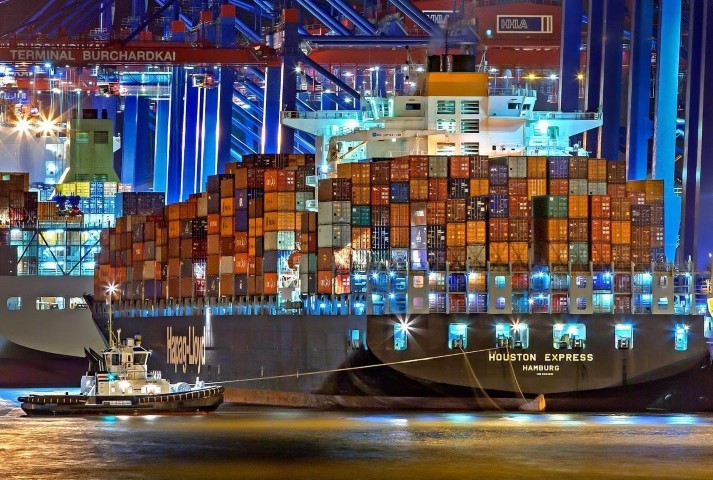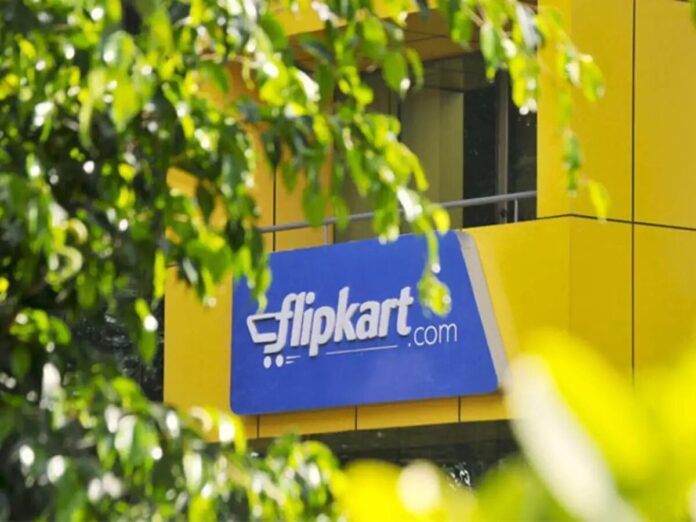Contents
The Freight Essentials: Why knowing the current incoterms is a must for any shipper: The diversity of the international trade industry is what makes it so desirable for business aspirants.
Millions of people across the world are earning their livelihood by taking up the employment opportunities laid down.
All these people speak different languages, obey different rules and work under the guidance of defined branches of their governments. Since trading requires these people to work together, it is important to have a commonality in the language used for business communication. For this reason, the ICC (International Chamber of Commerce) published incoterms 2020, the ninth edition of the International Commercial Terms (Incoterms).
Every country that participates in the trade process accepts the use of incoterms 2020 in the shipping contracts to specify instructions. Shippers must know the meaning and usage of each incoterm so that no misunderstandings arise between the two parties.
Incoterms help in facilitating smooth and profitable trade between countries.
Incoterms 2020: The Current Set of 11 Rules
The ICC offers a total of 11 incoterms that are modified at the interval of every 10 years. Shippers need to know all the minor details of these terms to make efficient use of the same. Incoterms 2020 include 11 acronyms that define certain instructions and guidelines related to the payment and delivery of the cargo.
EXW (Ex-Works) – It implies that the buyer will be responsible for the shipment of the cargo after the seller delivers it at the predefined destination.
FOB (Free On Board) – FOB means that the seller is free from his responsibilities of the shipment once the consignment is safely “on board”. The risk of loss and damage to the cargo, if any, will fall upon the importer/buyer.
FAS (Free Alongside Ship) – The seller is free of the shipment after delivering the goods to a barge or quay (alongside ship), and the buyer must make the arrangements for loading the goods on the ship.
DAP (Delivered at Place) – It is the sole responsibility of the seller to deliver the goods at the defined destination by the buyer.
FCA (Free Carrier) – The buyer nominates the carrier or shipper, and the seller has to hand over the cargo to the specified location.
CFR (Cost and Freight) – The seller bears the cost and freight of shipping the cargo to the designated port.
CPT (Carriage Paid To) – The seller pays the carriage for shipping and delivering the cargo to the defined location.
CIF (Cost, Insurance and Freight) – The cost, freight and insurance charges of the goods for transporting to the destination port and then delivering it the final location falls upon the seller.
CIP (Carriage and Insurance Paid To) – The seller pays the carriage and insurance costs of delivering the cargo to the named place.
DDP (Delivery Duty Paid) – From import duties and taxes to carriage and freight, the seller bears most of the costs and bears the risks for safe delivery of the cargo.
DPU (Delivered at Place Unloaded) – Apart from bearing the cost and risks for delivering the cargo, the seller also bears the costs of unloading it while the buyer has to pay for the import duties and taxes. This is the newly added rule of incoterms 2020.
Why Incoterms 2020 Are Important To Know?
Any shipper or trader who is unaware of the incoterms 2020 is likely to get misled or misunderstood. Since the acronyms hold a specific set of instructions and rules related to the delivery and cost liability of the cargo, it is essential to know what the incoterms are conveying in the contract. Also, the ICC has made some major modifications to the previous incoterms so one should know about all the new changes.
The Major Modifications
- The incoterm DPU took the spot of DAT (Delivered At Terminal) after the constant demands of the shippers to facilitate delivery to not just the terminal but a more specific location.
- A clause for insurance cover for the goods is added to the Incoterms CIF and CIP.
- Considering the disputes that arose because of the lack of clarity in the incoterms about cost bearing, many amendments are there in the new incoterms.
- The incoterms 2020 provide more detailed and specific security details and guidelines like compulsory screening of the shipping containers, transport security, etc.
- The buyers and sellers can now use their means of transport for delivering or collecting the cargo from the port under the incoterm DPU, DDP, and DAP.
- Some new major guidelines are added to the FCA incoterm regarding the BoL (Bill of Lading). Now the buyer may instruct the shipper or carrier to provide an on-board BoL to the seller. The seller must share this document with the buyer once the goods are on board.
Incoterms 2020 offers all the necessary changes and updates required for the convenience of both parties. Shippers and traders must have in-depth knowledge about all the clauses of the terms. One can relish the experience of smooth trading in the international market with the help of incoterms.






